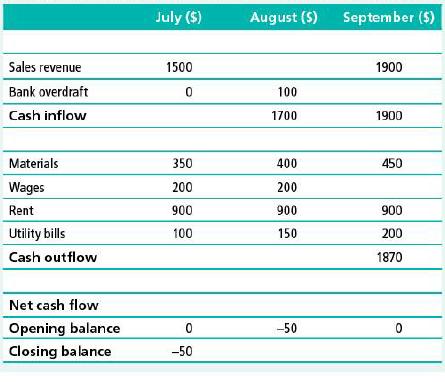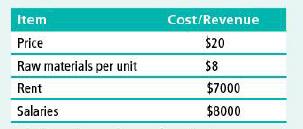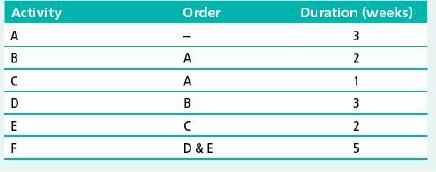Business Now 1st Edition Amit Shah - Solutions
Discover the ultimate resource for "Business Now 1st Edition" by Amit Shah, providing comprehensive assistance for students and educators alike. Our platform offers an extensive collection of online answers, a complete solution manual, and free downloadable solutions in PDF format. Dive into solved problems and detailed chapter solutions that guide you through each textbook section with step-by-step answers. Enhance your learning with our instructor manual and test bank, tailored to meet all educational needs. Enjoy the convenience of questions and answers at your fingertips and access invaluable resources with a simple, free download today.
![]()
![]() New Semester Started
Get 50% OFF
Study Help!
--h --m --s
Claim Now
New Semester Started
Get 50% OFF
Study Help!
--h --m --s
Claim Now
![]()
![]()





